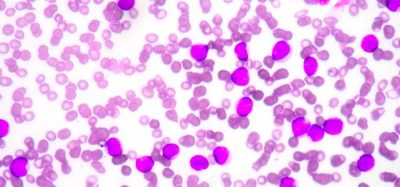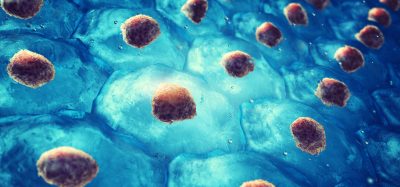Promethera Biosciences receives approval in Belgium to enroll patients in the imminent HEP002 Phase IIb/III clinical trial
Posted: 15 October 2014 | | No comments yet
HEP002 trial represents the world’s first Phase IIb/III trial with a stem cell-based medicinal product for the treatment of urea cycle disorders patients…


Promethera Biosciences, a Belgian biotechnology company developing Promethera® HepaStem, a cell-based therapy for the treatment of both orphan liver-based metabolic diseases and acquired liver diseases, today announces that Belgium has authorized the conduct of a trial designed to treat paediatric patients with urea cycle disorders (UCD) in a Phase IIb/III study (HEP002).
This first agreement officially opens the start of the second clinical trial conducted by the company. Belgian patients will be recruited and treated in Cliniques Universitaires Saint-Luc in Brussels.
Most young patients affected by these very rare diseases have limited therapeutic options and may die at an early age. UCD are a group of eight inborn errors of metabolism that affect the transfer of nitrogen into urea. Although each specific disorder results in the accumulation of different precursors, hyperammonemia and hyperglutaminemia are the common biochemical hallmarks of these disorders. UCD are rare diseases, with an incidence between 1 in 8,000 and 1 in 44,000.
HEP002 is a prospective, open label, multicenter efficacy and safety study with Promethera® HepaStem. The primary objective is to assess the efficacy of Promethera® HepaStem in patients with urea cycle deficiencies during the year following treatment. In the first clinical trial HEP001 Promethera® HepaStem demonstrated to be a safe treatment that can result in functional metabolic improvement in UCD patients.
“We are excited to pursue the development of this promising disease-modulating therapy. It is urgently needed by the children living with these disabling metabolic diseases,” said Dr. Béatrice De Vos, Promethera Biosciences’ chief medical officer.
Professor Etienne Sokal, chief scientific officer and founder of Promethera Biosciences, paediatric hepatologist at Cliniques Universitaires Saint Luc and director of Cell Therapy Research Lab (in Belgium) said: “ This is a new important achievement in the process of transferring original clinical research to industry and giving access to this innovative therapy to the maximum number of children.”
Eric Halioua, chief executive officer of Promethera Biosciences said: “Obtaining the first authorization for our Phase IIb/III trial in Belgium is a new major milestone reached by the company. Only five years since the company started we are about to begin our second clinical trial.”






